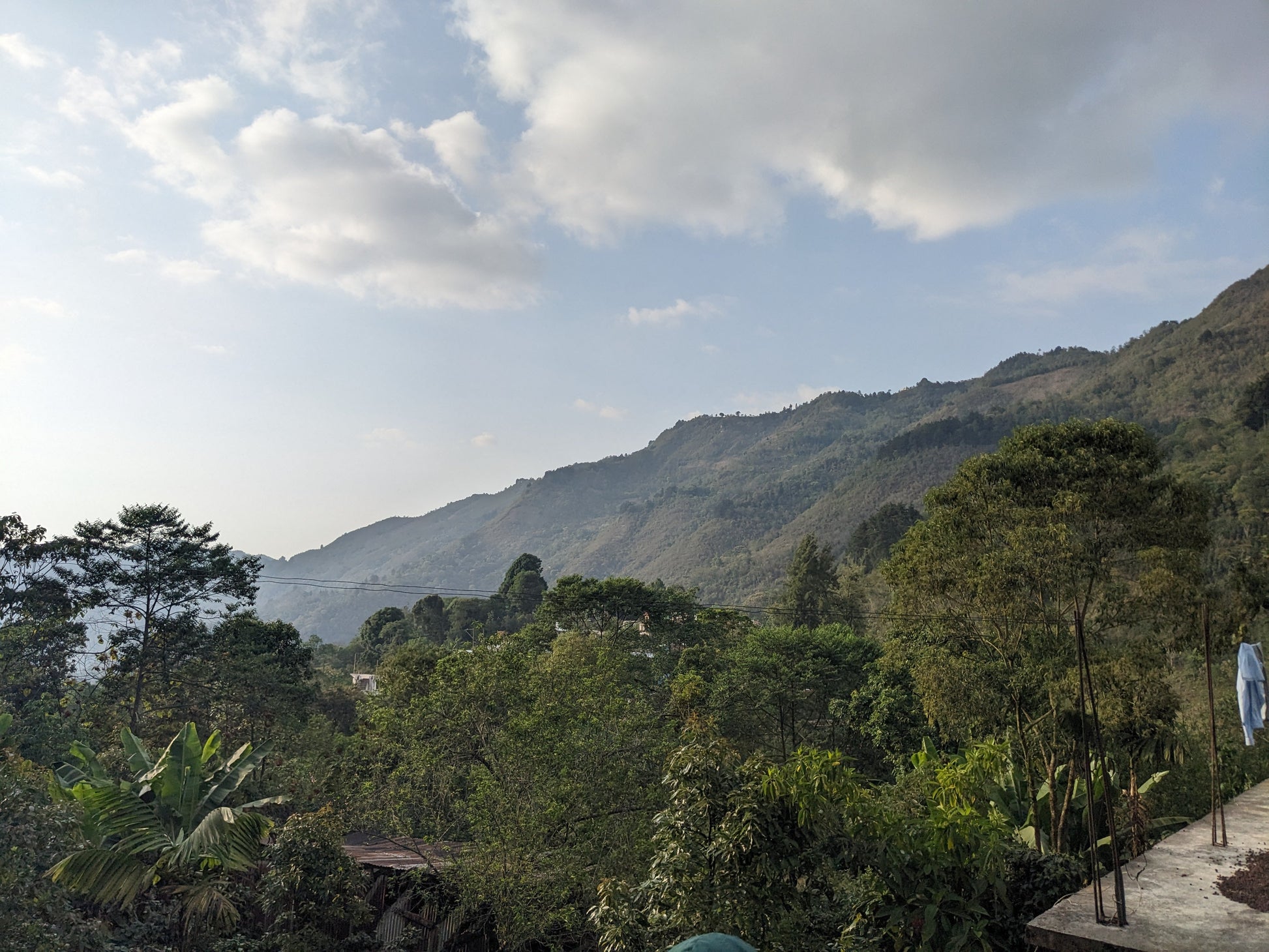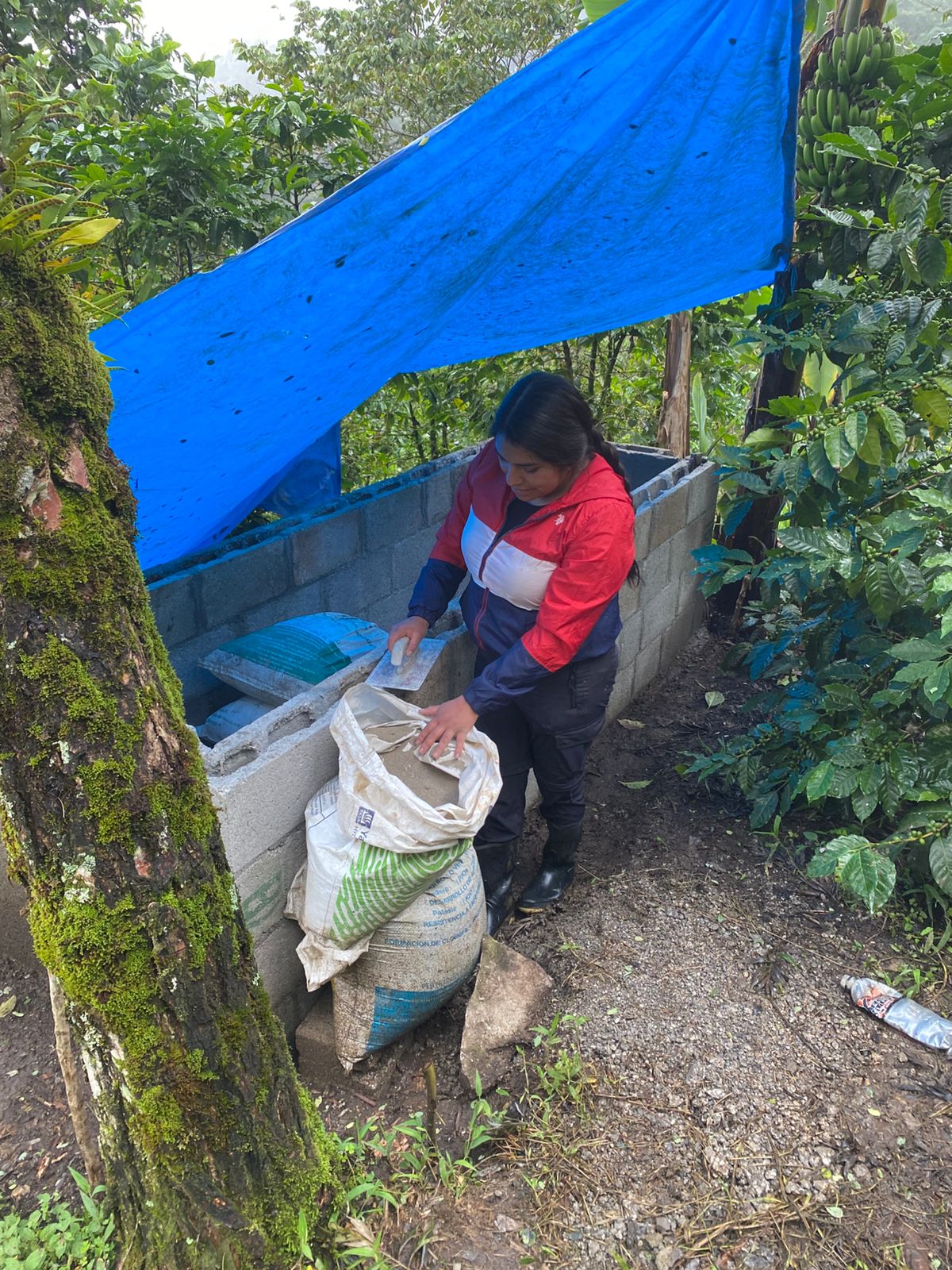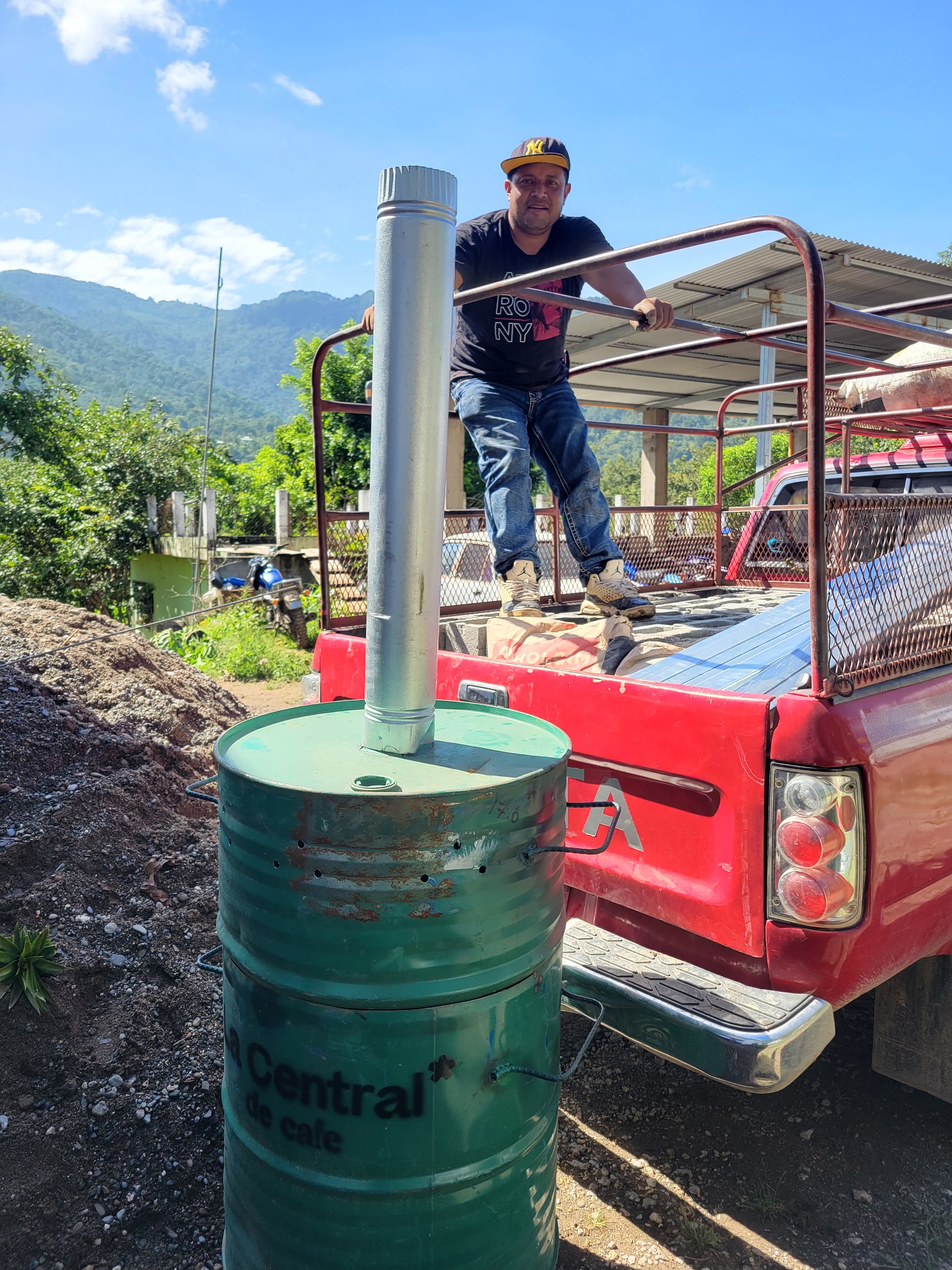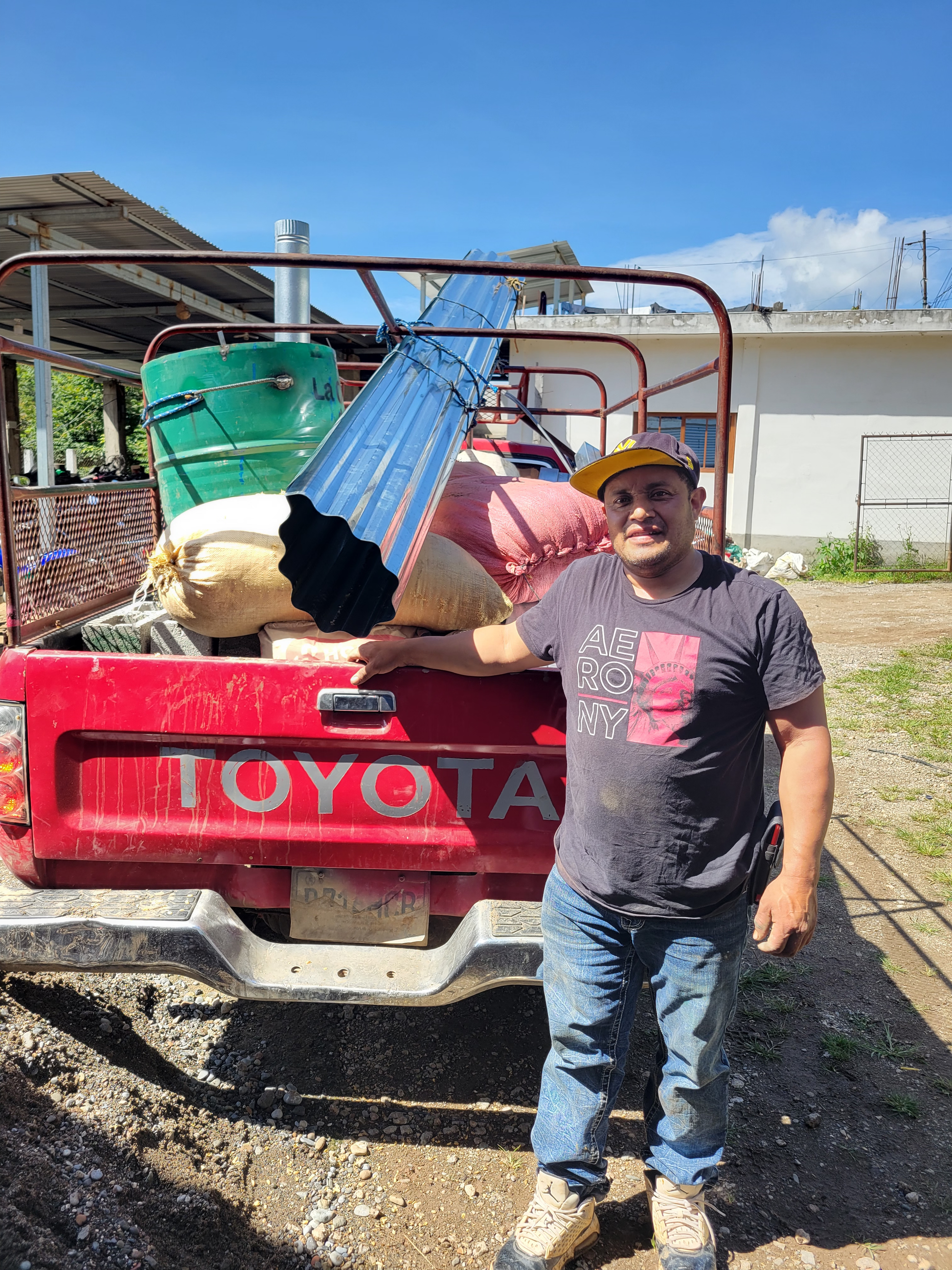![Guatemala - Paya by Nery Pablo [24/25]](http://scenery.coffee/cdn/shop/files/guatemala_paya_24_25_shopify.png?v=1761047285&width=1445)
![Guatemala - Paya by Nery Pablo [24/25]](http://scenery.coffee/cdn/shop/files/Copy_of_IMG_8831.jpg?v=1761047285&width=1445)
![Guatemala - Paya by Nery Pablo [24/25]](http://scenery.coffee/cdn/shop/files/PXL_20240312_175320802.jpg?v=1761047285&width=1445)
![Co-operative El Sendero offices, Guatemala [Photo Credit: Primavera Coffee]](http://scenery.coffee/cdn/shop/files/ElSenderoCo-op_CreditPrimavera_7.jpg?v=1761047285&width=1445)
![The landscape around Concepcion Huista, Guatemala [Photo Credit: Primavera Coffee]](http://scenery.coffee/cdn/shop/files/ConcepcionHuista_CredPrimavera_scaleddown.jpg?v=1761047285&width=1445)
![West of Concepcion Huista, looking north onto Jacaltenango [Own photography]](http://scenery.coffee/cdn/shop/files/IMG_20190228_095203.jpg?v=1761047285&width=1445)
![Guatemala - Paya by Nery Pablo [24/25]](http://scenery.coffee/cdn/shop/files/PXL_20240312_230115097.jpg?v=1761047285&width=1445)
![Guatemala - Paya by Nery Pablo [24/25]](http://scenery.coffee/cdn/shop/files/Copy_of_IMG-20250917-WA0000_1.jpg?v=1761047285&width=1445)
![Guatemala - Paya by Nery Pablo [24/25]](http://scenery.coffee/cdn/shop/files/Copy_of_20250827_093405_1.heic?v=1761047285&width=1445)
![Guatemala - Paya by Nery Pablo [24/25]](http://scenery.coffee/cdn/shop/files/Copy_of_20250827_094046.png?v=1761047285&width=1445)
Brew Guide:
Best Brewed with: Filter or lighter style trad espresso (Omni)
Light Roast Influence: We roasted this coffee closer to "Lightest" for the filter championship, but with a bit more time between landing and launch we're moving more towards the extra sugar browning and cooked fruits that a little extra time in the roaster brings.
Best Rested: 3-4 weeks
Filter: 62g/L, 94°C when fresh but when well rested you can go down to 89-90°C
Espresso: 18g/40g/28-32s.
We’re tasting: Sweet aromas of caramel apple and dried fruits (like currants and cranberry). In the cup - Cloudy apple juice, the light vanilla-creamy-buttery pastry of mille-feuille cake, grenadine syrup, black tea alongside hints of soft florals & lemon zest, with hazelnut & buttery cashew lingering in the finish.
Traceability
Country of Origin: |
Guatemala |
Region: |
Concepción Huista, Huehuetenango, |
Producer: |
Nery Pablo |
Farm: |
Paya |
Variety: |
Caturra and Bourbon |
Elevation: |
1650 MASL |
Process: |
Traditional Washed: Picked and processed at Nery’s house, with the processing organised by Nery’s wife. Unlike a typical Huehuetenango wet fermentation, the coffee is depulped and dry fermented in parchment for 32 hours. It is then washed, and dried on a patio over 6 days |
Import Partner: |
Primavera |
Harvest |
Crop 24/25 Arrived UK: 04/08/25. Third harvest purchasing coffee from Nery
|
The Story
This season we're particularly excited to share that Nery has joined Primavera's innovative biochar and worm composting pilot project. Primavera have built and distributed 20 biochar ovens and worm compost systems to producers they have long term relationships with, alongside providing training. These systems transform coffee cherry waste and farm by-products into nutrient-rich compost and biochar (a carbon-rich charcoal that improves soil structure and water retention) that can be applied directly to the soil around coffee trees. The goal is to help farmers like Nery reduce their reliance on expensive chemical fertilisers, improve soil health, lower production costs, and sequester carbon, all while testing solutions to the climate challenges facing Guatemala's coffee-growing regions.
Nery Pablo & Finca Paya:
Our co-founder Alex visited Guatemala in 2019 with Primavera coffee, and during this trip he was lucky enough to visit Cooperativa El Sendero, a co-op in Concepción Huista.
We’ve always loved the profile of high-grown coffee from this region, balanced sweet cups that have a little bit of something for everyone - caramels, soft fruits, florals, sometimes even a little bit of a tropical character. Lower altitude production can tend towards more chocolate and nut flavours intermingled with the soft fruity tones, meaning this region really does have something for everyone. Overall if we wanted a big chuggable mug of batch brew to start our day, from any region of any coffee producing country in the world - it’d probably be a fresh crop Huehue.
With that in mind, we’ve selected this lot from Nery Pablo for that exact purpose - an elegant yet approachable coffee, in an eminently smashable brew. The coffee from the producers in Coop El Sendero, located in Concepcion Huista, has always held a place in our hearts and we’re stoked to get the chance to keep buying, roasting and brewing it. The cooperative, with 196 members including 62 women and 134 men, emphasises gender equality and the empowerment of young coffee producers.
Nery Pablo is a second-generation coffee producer, who inherited a parcel of land in 2010. A few years into his journey, he became a member of the El Sendero Cooperative. This affiliation provided him with invaluable marketing opportunities for his coffee and access to workshops and agronomy expertise, as well as microcredit. As a result, Nery experienced a significant enhancement in both the productivity and quality of his coffee.
His farm, named "Paya’" - a term from the Popti Mayan language signifying "Birth of the River" is aptly named after the mountainous region where a river originates, and is a common farm name in the area.
The family process their coffee at their house where they first pulp the freshly picked coffee (using a machine that removes the seeds from the cherry skin), before employing a slow dry fermentation process, taking 32 hours due to the cool high-altitude conditions. Post-fermentation, the coffee is washed and then soaked in clean water before moving to a patio for drying, a process that takes 5-6 sunny days and requires hourly turning to ensure even drying. This meticulous process contributes significantly to the coffee's dense and layered profile. Nery's wife plays a pivotal role in overseeing the processing and drying phases of the coffee production
- Choosing a selection results in a full page refresh.
- Opens in a new window.

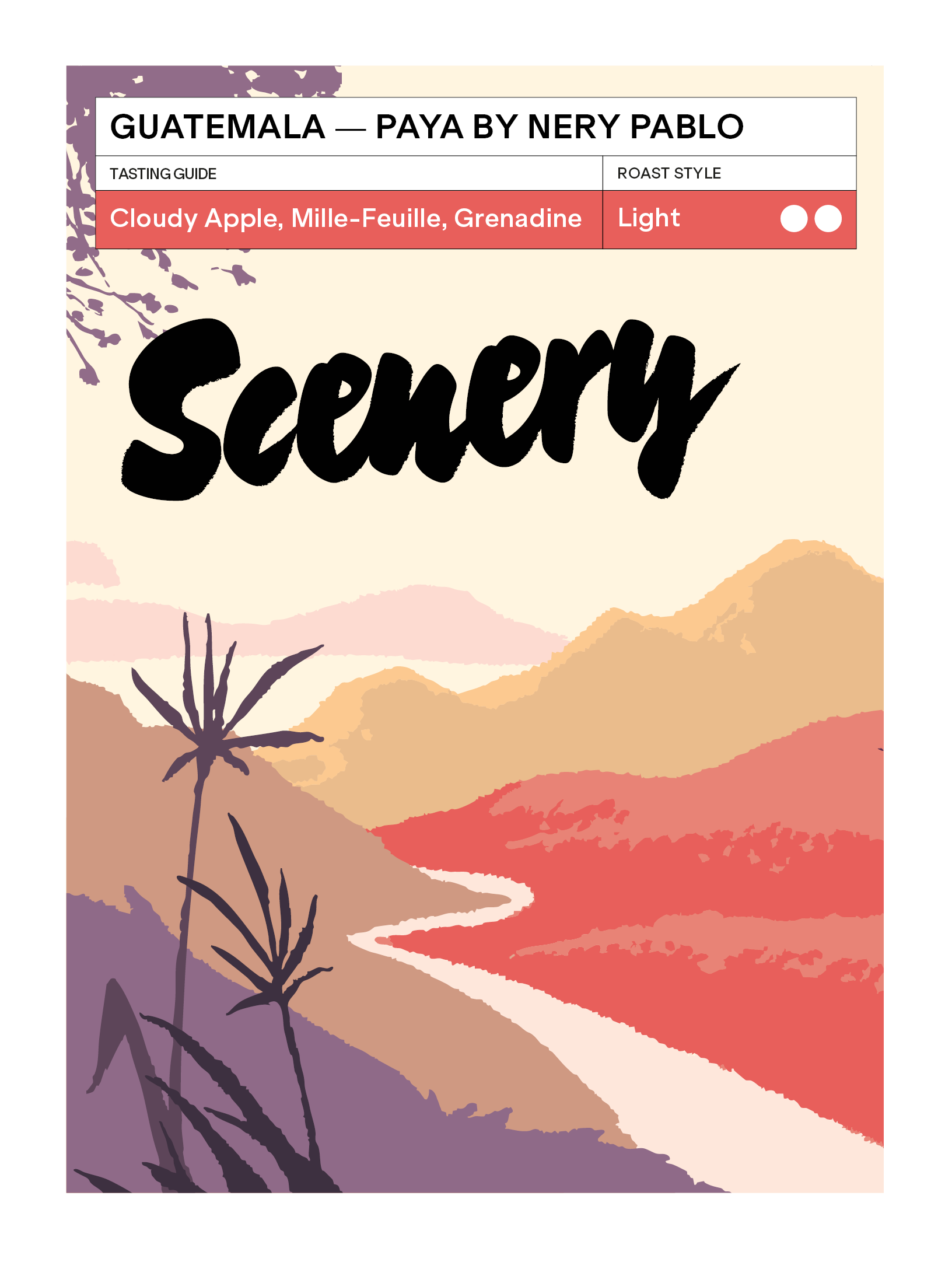
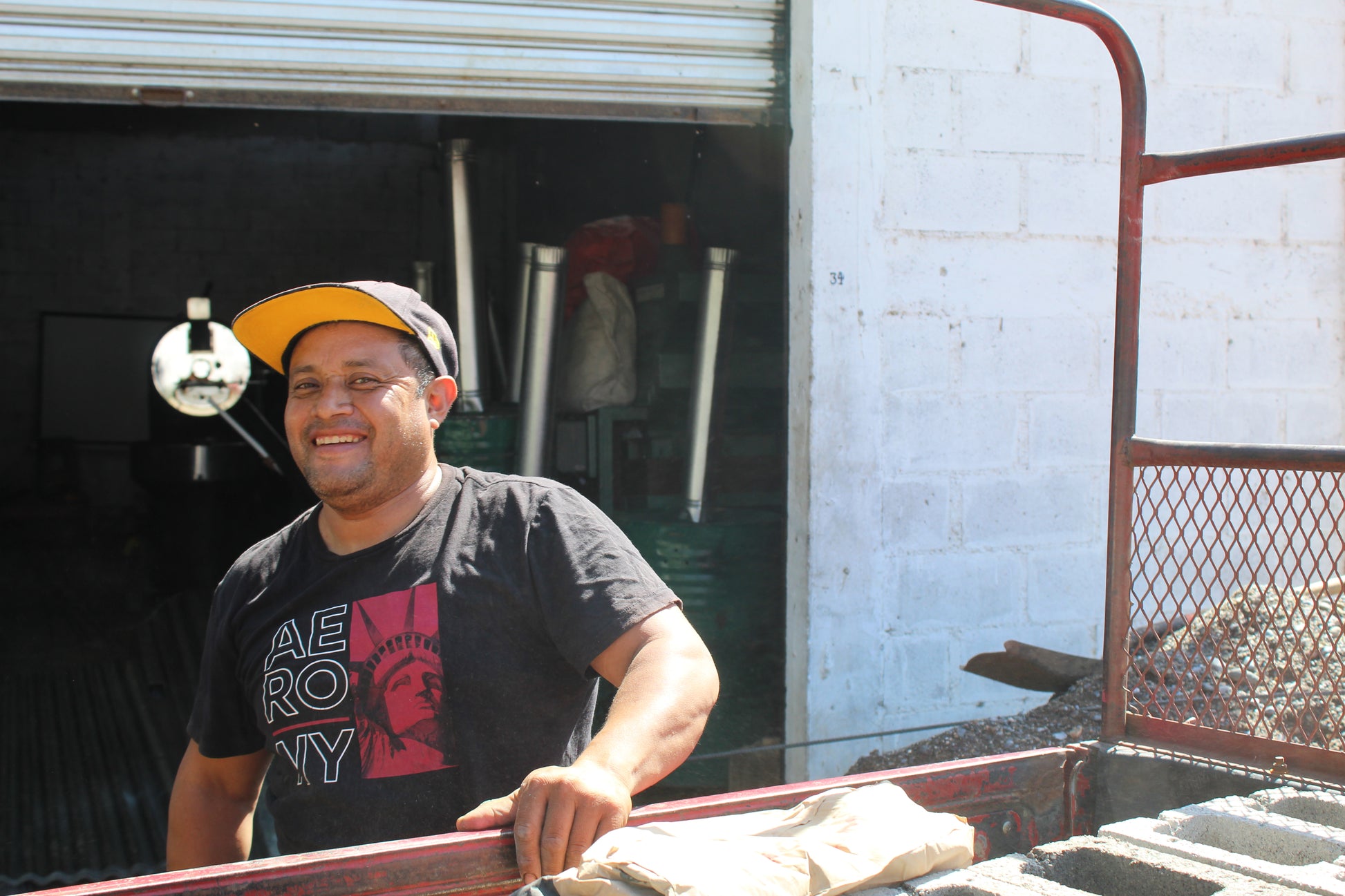
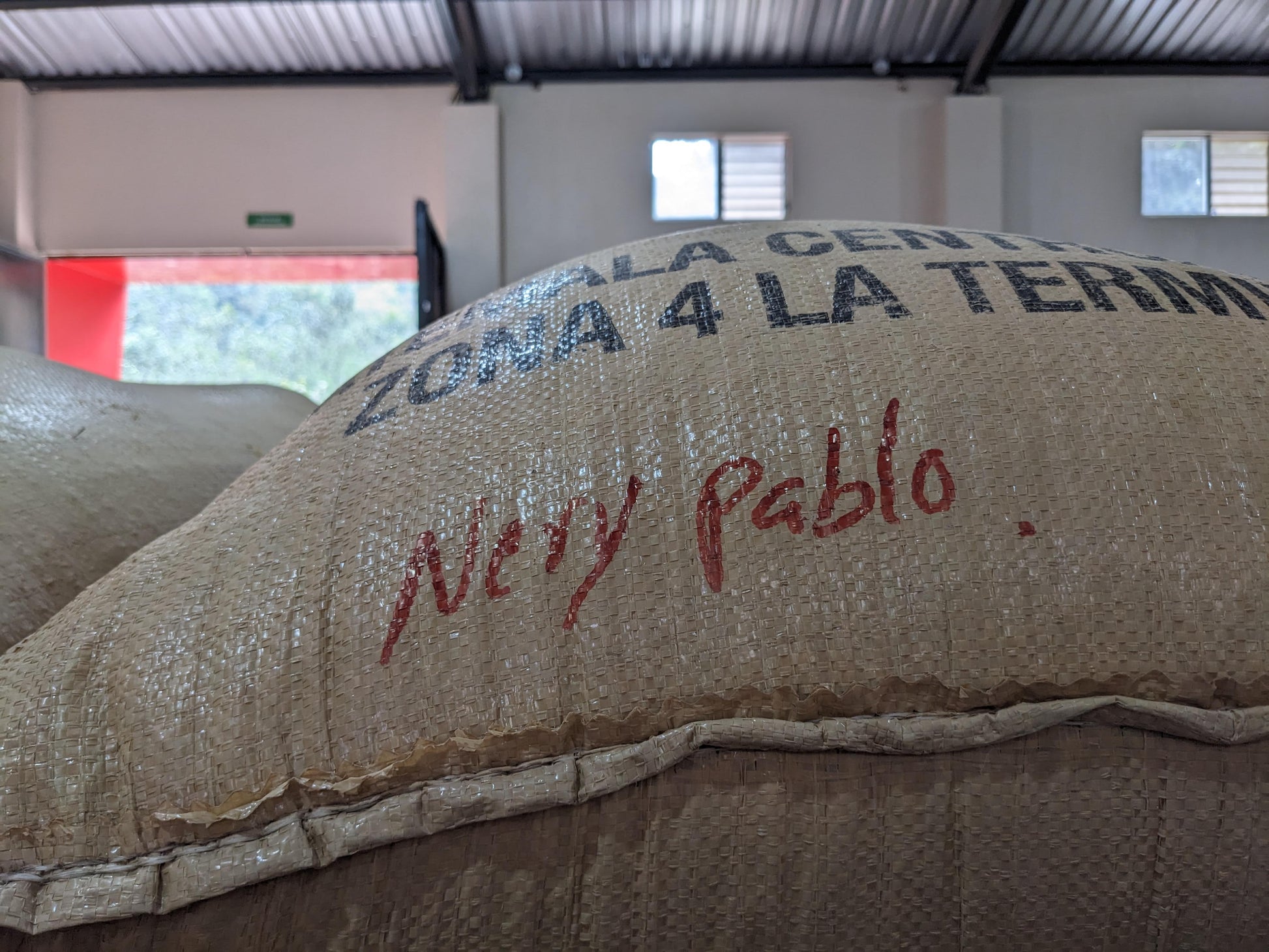
![Co-operative El Sendero offices, Guatemala [Photo Credit: Primavera Coffee]](http://scenery.coffee/cdn/shop/files/ElSenderoCo-op_CreditPrimavera_7.jpg?v=1761047285&width=1946)
![The landscape around Concepcion Huista, Guatemala [Photo Credit: Primavera Coffee]](http://scenery.coffee/cdn/shop/files/ConcepcionHuista_CredPrimavera_scaleddown.jpg?v=1761047285&width=1946)
![West of Concepcion Huista, looking north onto Jacaltenango [Own photography]](http://scenery.coffee/cdn/shop/files/IMG_20190228_095203.jpg?v=1761047285&width=1946)
